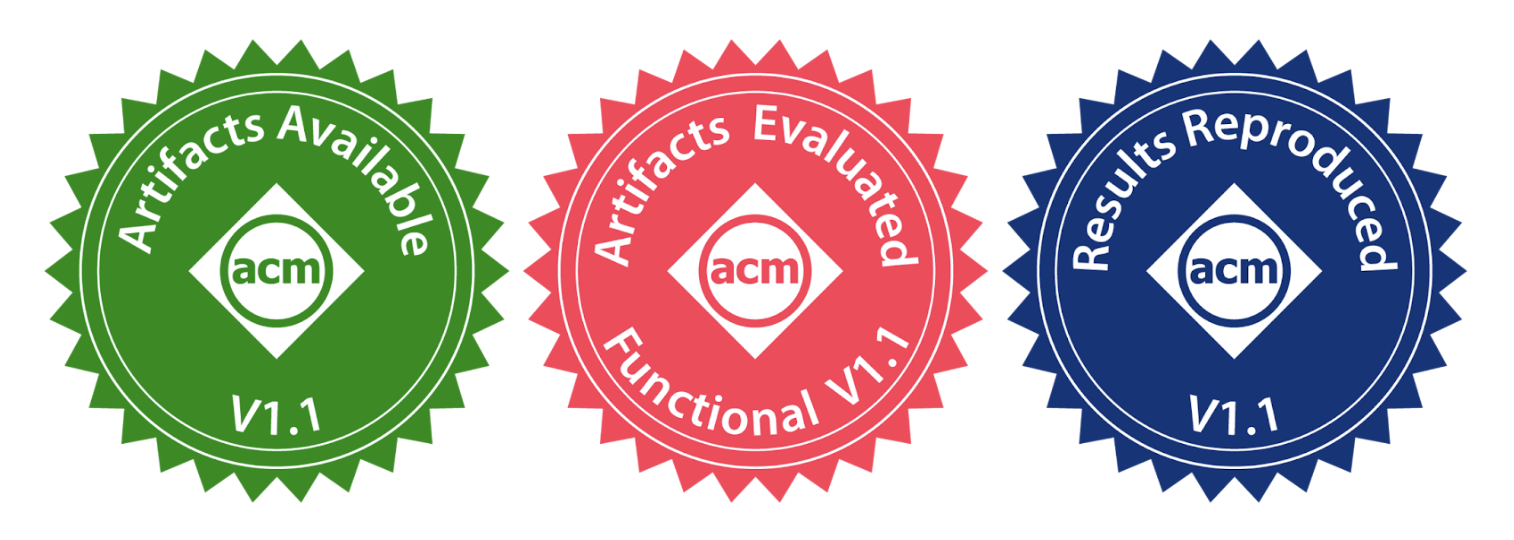
Thaleia Dimitra Doudali and Georgios Portokalidis served as Artifact Evaluation (AE) co-chairs at EuroSys 2025, alongside Christian Pinto. Together with other past AE co-chairs, they co-authored a paper reflecting on lessons learned from five years of Artifact Evaluation at EuroSys.
Reproducibility lies at the heart of scientific progress, yet ensuring it remains a major challenge in systems research. Two of our own, Thaleia Dimitra Doudali and Georgios Portokalidis, have played a pivotal role in addressing this challenge through their leadership and contributions to the AE process at EuroSys, one of the top conferences in computer systems.
Their work is featured in the newly published paper “Lessons Learned from Five Years of Artifact Evaluations at EuroSys”, accepted at the ACM Conference on Reproducibility and Replicability (REP) 2025. The paper analyzes data and trends from 2021 to 2025, provides critical insights into the successes and limitations of AE, and outlines a roadmap to scale and standardize reproducibility efforts across the systems community. The full text is available online at: Lessons Learned from Five Years of Artifact Evaluations at EuroSys. In ACM Conference on Reproducibility and Replicability (ACM REP ’25), July 29–31, 2025, Vancouver, BC, Canada. https://doi.org/10.1145/3736731.3746152
In addition to the paper, Thaleia and her colleagues recently shared their reflections in a special episode of Disseminate: The Computer Science Research Podcast. The conversation offers a behind-the-scenes look at organizing AE across five EuroSys editions, discussing challenges faced and strategies to improve the process. This discussion can be accessed through the episode “Lessons from Five Years of Artifact Evaluation at EuroSys”. Click here to listen.
Further insights on this topic were also published in the SIGOPS blog under the title “Lessons from Five Years of Artifact Evaluation at EuroSys”. Read here.
This work underscores the institute’s ongoing commitment to research excellence, scientific transparency, and leadership in advancing reproducibility practices in computer science. Congratulations to Thaleia and Georgios for their excellent contributions to the scientific community.